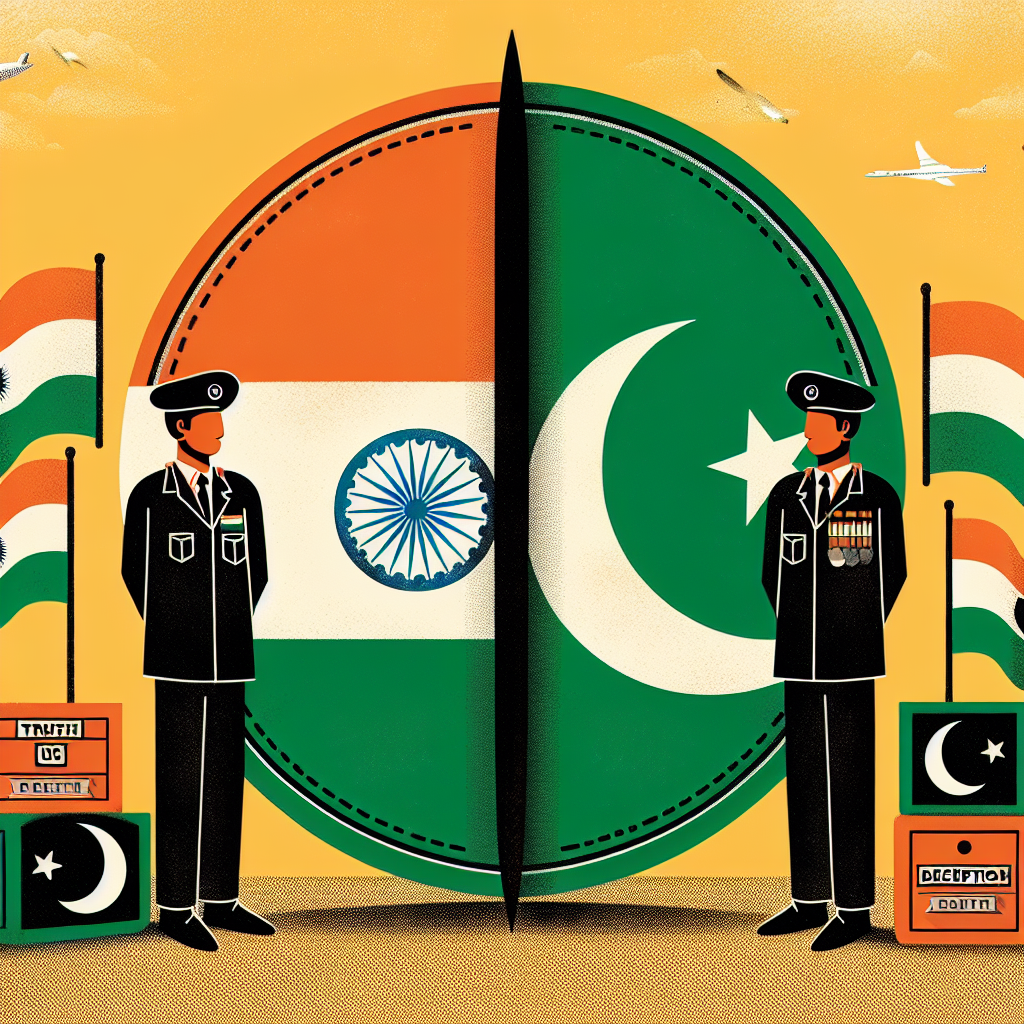Information Warfare: Truth or Deception in India-Pakistan Conflict?
Information Warfare: Truth or Deception in India-Pakistan Conflict?
Introduction
The ongoing conflict between India and Pakistan has transcended traditional warfare, entering the realm of information warfare. This battle for narrative control involves both nations leveraging media, social platforms, and cyber tactics to influence public perception and international opinion.
The Role of Media
Media outlets in both countries play a crucial role in shaping narratives. The dissemination of information, whether factual or misleading, can significantly impact public sentiment and diplomatic relations.
- State-controlled media often promotes government narratives.
- Independent media faces challenges in maintaining objectivity.
- Cross-border media consumption influences public opinion.
Social Media as a Battleground
Social media platforms have become a critical arena for information warfare, with both nations utilizing these tools to spread their narratives.
- Hashtags and viral content are used to sway public opinion.
- Fake news and misinformation campaigns are prevalent.
- Cyber armies and bots amplify specific narratives.
Cyber Tactics and Espionage
Beyond media, cyber tactics play a significant role in the information warfare between India and Pakistan. Both nations have invested in cyber capabilities to gain strategic advantages.
- Cyber espionage targets sensitive government and military data.
- Defacement of websites and digital infrastructure is common.
- Cybersecurity measures are continually evolving to counter threats.
International Implications
The information warfare between India and Pakistan has broader implications for international relations and global security. The international community often finds itself navigating through conflicting narratives.
- Global powers may be influenced by the dominant narrative.
- International organizations face challenges in mediating conflicts.
- Regional stability is affected by the ongoing information warfare.
Conclusion
The information warfare between India and Pakistan highlights the complex interplay between truth and deception in modern conflicts. As both nations continue to vie for narrative dominance, the impact on regional stability and international relations remains significant. Understanding the dynamics of this information warfare is crucial for stakeholders aiming to foster peace and stability in the region.


















